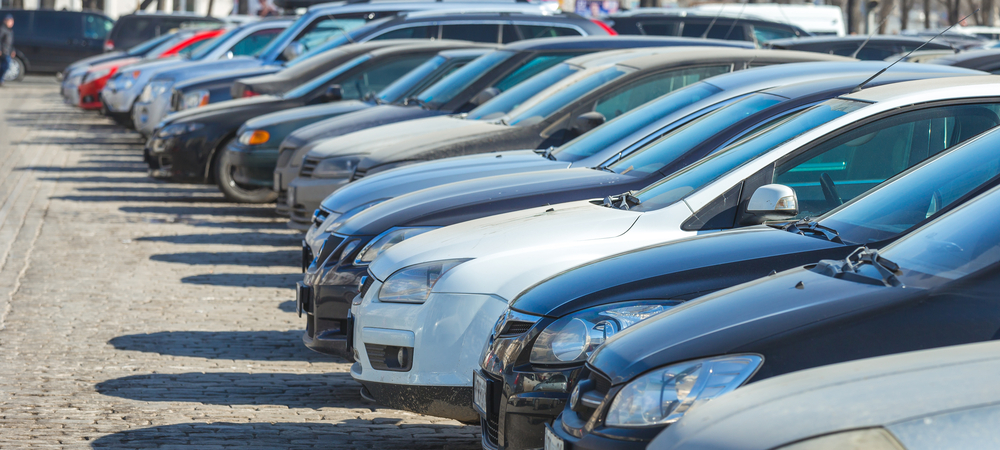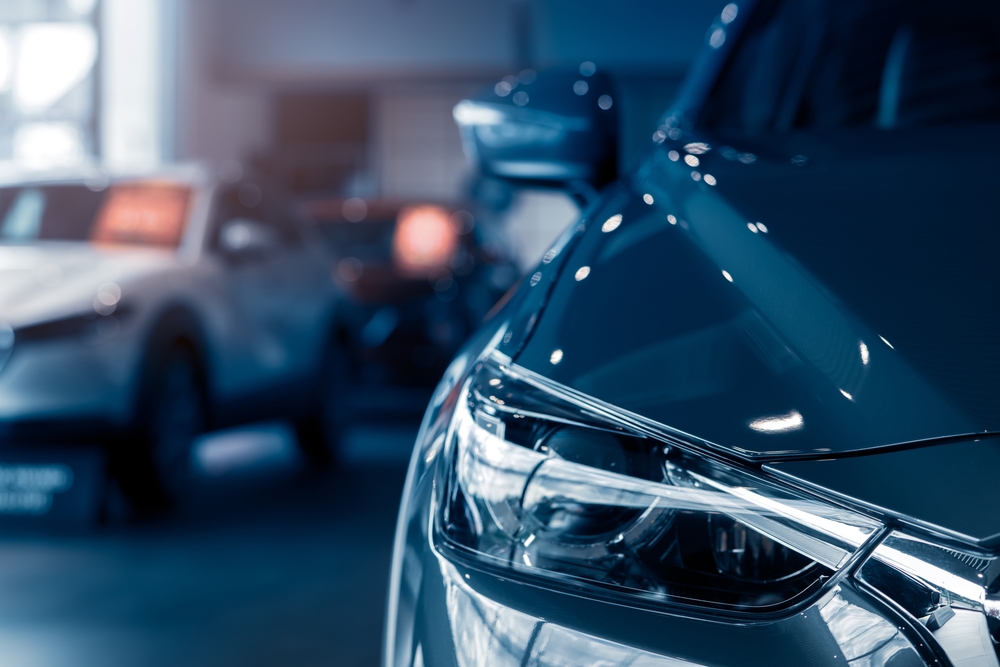Greener transportation is now a must

Today, when fuel prices are soaring without any no end in sight, and urban air pollutants sometimes make a walk in the city impossible, finding greener methods of transport is not just a slogan held high by green parties and bicycle-riding hipsters, but has become a goal that must be achieved.
Bioethanol - overtaxed
Only two years ago, the Hungarian media was full of reports about motorists installing E85-transformers in their fuel systems and of the growing demand of corn-based biofuel at petrol stations all over the country. But as the government, persuaded by the European Commission, tries to fill in gaps in its budget with new taxes and contributions, the excise duty on E85 biofuel has grown in two steps from zero to a gross HUF 89 over a period of just six months.
“Demand for bioethanol decreased dramatically among Hungarian motorists, by about 60% due to the excise duty increase,” said Demeter Héjj, president of the Hungarian Bioethanol Association. “However, I am pleased to note that there is a segment of environmentally conscious consumers who stand by bioethanol although E85 (a fuel mix that consists of 85% bioethanol and 15% gasoline) is no longer cheaper than conventional gasoline,” he added.
Those who were looking for some kind of viable replacement for the non-renewable crude oil products were always somewhat on the edge with E85, as even at a price one-third lower than gasoline, the much more modest energy content of E85 equalized the price difference.
Hungarian regulations make no difference between conventional gasoline-driven vehicles and flexi-fuel cars. Due to this anomaly, there are no official numbers on Hungarian flexi-fuel cars; however, according to market research and car dealer information, a couple of thousand factory-fabricated flexi-fuel cars are running on Hungarian roads, along with approximately 10,000 retrofitted cars.
In the peak period last year, sales of E85 represented 2% of all fuel sales in Hungary, but the figures have fallen since the tax changes. However, thanks to an EU directive, all fuels in Hungary contain at least 4% bioethanol. Domestic production of the fuel has no fallen along with its use, however. Last year, only the Hungrana plant in Szabadegyháza was able to refine biofuel, where approximately 150 metric tonnes were produced. This year, now that a Pannónia Ethanol Zrt plant has opened in Dunaföldvár, production could reach 350 tonnes. According to estimates by the Hungarian Bioethanol Association, the vast majority of bioethanol produced in Hungary is sold on foreign markets.
Electric cars - the future is here?
The use of electric vehicles plays an increasingly greater role in Hungary, but this mode of transportation will still need many years before it achieves a significant share in general public acceptance. First of all, environmentally conscious companies have to show a good example in getting one step closer to a carbon-free future.
In September 2010, the Elmű-Émász Group opened its first electric charging station in front its headquarters on Váci út in Budapest. By now, eight such units can be found around the country. (Until the end of 2013, Elmű provides electricity free of charge at its power stations.) The company owns five electric cars and the members of the E-Mobility Network, formed in the summer of 2011, operate another five vehicles. The network is composed of car dealers and manufacturers along with companies that purchase electric stations and vehicles. “The common platform aims to play a catalyst role in popularizing electric transport, gathering around itself environmentally conscious companies that are sensitive to issues of environmental protection,” said Zoltán Nagy, managing director of Magyar Áramszolgáltató Kft. Members include ABB, BKK, Ernst & Young, GA Hungary, Geometry, the Hungarian Automobile Club, Kábel Team, North Castle Co., the Tonic Advertising Agency, and SAG.
The initial electric mobility areas are large cities. According to current estimates, more than 300,000 electric vehicles will eventually run on the roads of Europe. Initially, electric cars will be families’ second vehicle or part of corporate fleets. The rapid evolution of technologies will make electric cars more accessible for everyday use in the foreseeable future. (Already, several series-produced models are available, but their price can be many times more than those of standard-powered models.) “Some 5-10 years are still needed for a breakthrough, but the date is highly dependent on the processes of the world economy and the associated evolution of purchasing power,” Nagy said. “The maintenance and operating costs of electric vehicles are already showing benefits, since each 100 kilometers traveled cost about HUF 800, meaning the consumption of an electric car costs about a third of that of a diesel-driven car,” he added. In addition, the number of moving parts in an electric car is significantly lower, resulting in less wear and tear and a reduced possibility of a technical breakdown.
Bicycles swarm the roads
While the use of bioethanol is falling and the breakthrough in electronic transportation is still pending, cycling has made a clear comeback in urban transport. The traffic jams of the inner city and the continuously worsening state of public transport has convinced many citizens to switch to bicycles. Thanks to the devoted work of civil organizations, led by the Hungarian Bicycle Club, the network of bike trails in Budapest has grown in the last couple of years. All in all, 187 kilometers of marked trails have been built or designated in the capital: 43 kilometers on low traffic roads, eight kilometers of bike lanes, 64 kilometers of separated bike paths, 49 kilometers of divided walking and cycling paths and 23 kilometers of shared walking and cycling paths.
But nothing else has made so many people get on their bikes in the last eight years as the Critical Mass civil demonstrations. The first collective cycling “parade” held in 2004 attracted some 3,000 cyclists, but the number has quickly grown to over 80,000. This year’s event was canceled as the organizers feel that the demonstration has achieved everything it was called to life for.
“The number of cyclists has multiplied after the first Critical Masses. In the beginning, nine out of ten new cyclists got on their bikes due to Critical Mass. Now the proportion is the other way around: in 2012, 90% of participants are not biking due to the parade,” said one of the organizers, Gábor Kürti, or Kükü as everyone knows him. “And sometimes it makes me think that this parade is also an excuse to reject the bike. You convince one person, but reinforce the barriers of stereotypes in two others.”
However, a last demonstration will be held next year. “2014 will be the first year without Critical Mass. But if you take into account that the number of cyclists grows by 50% every year, in 2014, Deák tér itself will be a demonstration,” Károly Sinka added.
SUPPORT THE BUDAPEST BUSINESS JOURNAL
Producing journalism that is worthy of the name is a costly business. For 27 years, the publishers, editors and reporters of the Budapest Business Journal have striven to bring you business news that works, information that you can trust, that is factual, accurate and presented without fear or favor.
Newspaper organizations across the globe have struggled to find a business model that allows them to continue to excel, without compromising their ability to perform. Most recently, some have experimented with the idea of involving their most important stakeholders, their readers.
We would like to offer that same opportunity to our readers. We would like to invite you to help us deliver the quality business journalism you require. Hit our Support the BBJ button and you can choose the how much and how often you send us your contributions.








